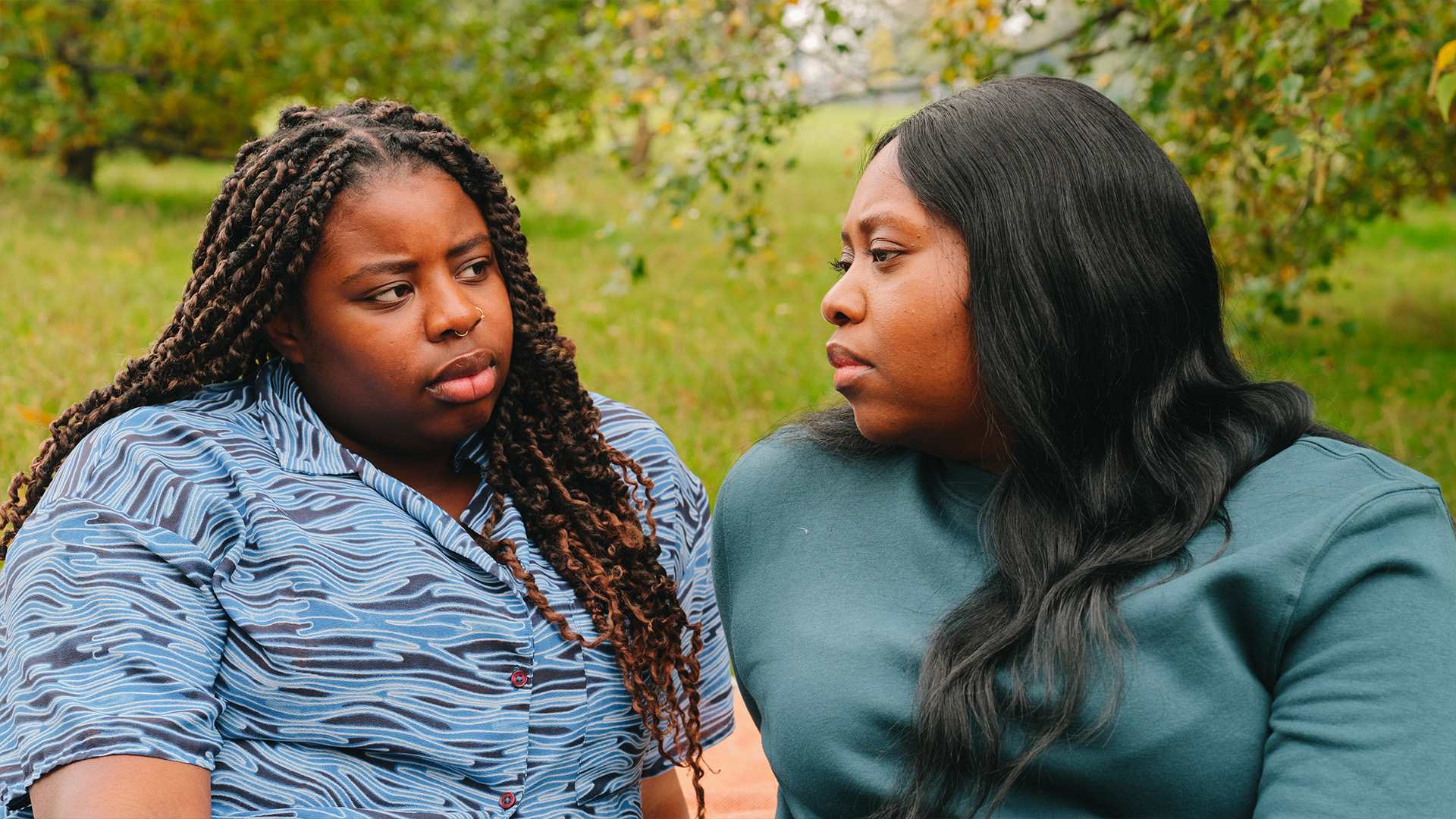Pregnancy
It is recommended that this medicine is not routinely prescribed during pregnancy because it can affect the development of the baby, but the risks and benefits should be discussed between you and your doctor.
If you become pregnant while you are on carbamazepine, you should carry on taking it and make an appointment to see your doctor as soon as possible. They can discuss the benefits and risks of continuing carbamazepine and help you to make a decision that is best for you and your baby. They may refer you to a specialist perinatal mental health team to support you with this decision. You can find out more information about taking carbamazepine during pregnancy at Bumps (Best Use of Medicines in Pregnancy).
If you are taking carbamazepine and planning to get pregnant, it is recommended that you take a higher dose of folic acid (5mg) while you are trying for a baby and during pregnancy.
Your dose of carbamazepine may need to increase later in pregnancy to keep the benefit.
Untreated mental illness, including bipolar disorder, can also be harmful to you and your developing baby, so decisions about stopping or avoiding medication when you are pregnant need to be discussed carefully with your doctor. If you and your doctor agree that carrying on with carbamazepine has more benefits than risks, you should tell your midwife that you are continuing to take this at your next appointment.
Post-natal
There are some other symptoms that can occur in new-born babies if carbamazepine is taken during pregnancy, so it is important to look out for these and get help if they happen. These include: sleepiness, difficulty feeding, being sick and having diarrhoea (loose poo). Some newborn babies have had seizures (fits) or breathing problems.
Your baby may need a vitamin K injection to help with healthy blood-clotting.
Your midwife can look out for this, monitor your baby for symptoms and provide support to you and your baby as needed.
Breastfeeding
Some carbamazepine is passed to the baby in breast milk, but only small amounts. If you breastfeed whilst taking this medication, it is important to look out for possible side effects in your baby like heavy sleeping, poor feeding or skin reactions.
Extra checks may be recommended for your baby to make sure their liver is healthy and to monitor their skin for any rashes. Always ask your midwife, health visitor, doctor or other healthcare professional if you have any concerns.
If your medication makes you sleepy, do not to sleep with your baby in the same bed, and be cautious when handling your baby (especially if waking during the night for feeds).
Talk to your doctor or midwife about the benefits and risks of breastfeeding while taking this medication to help you make the decision that is best for you and your baby.







